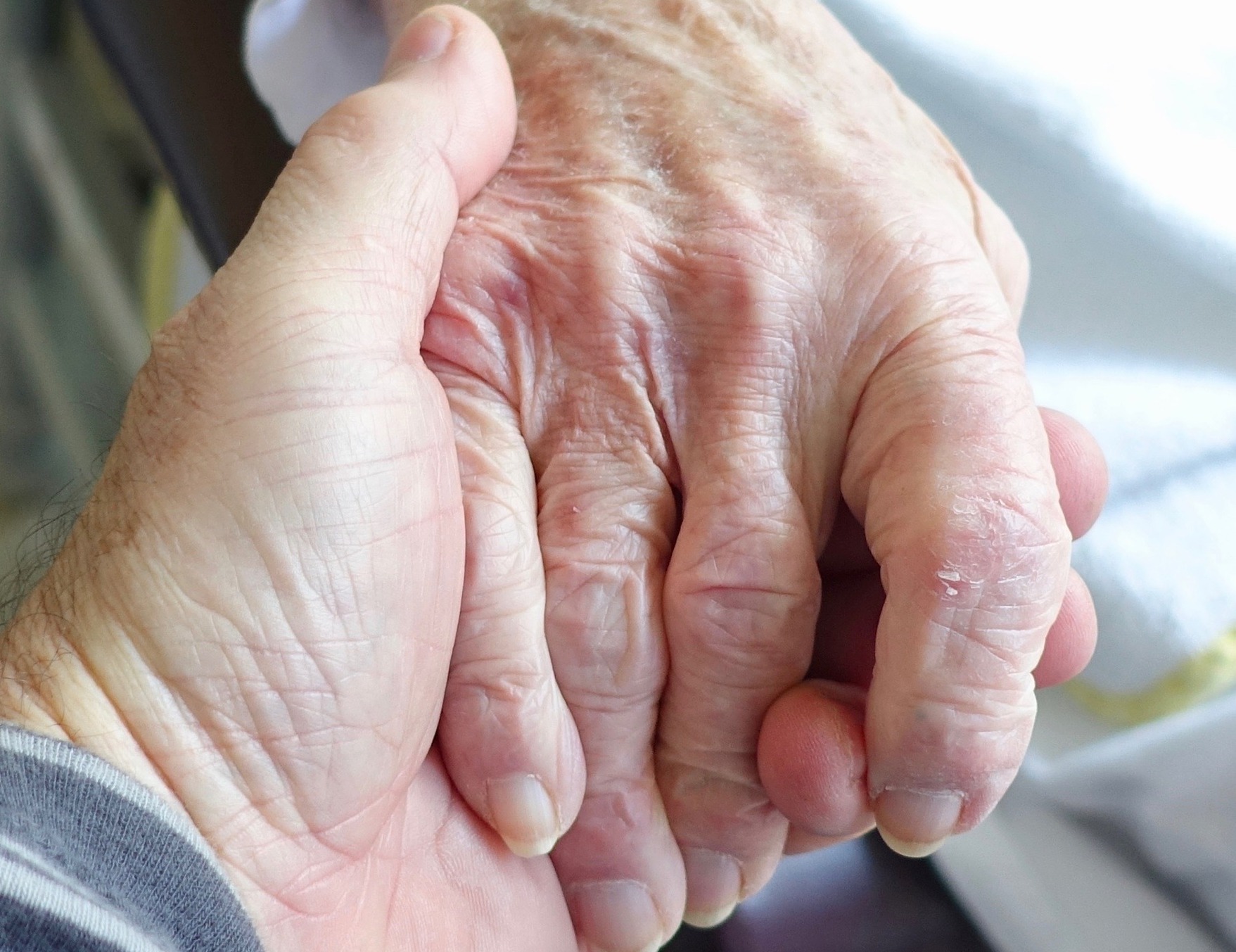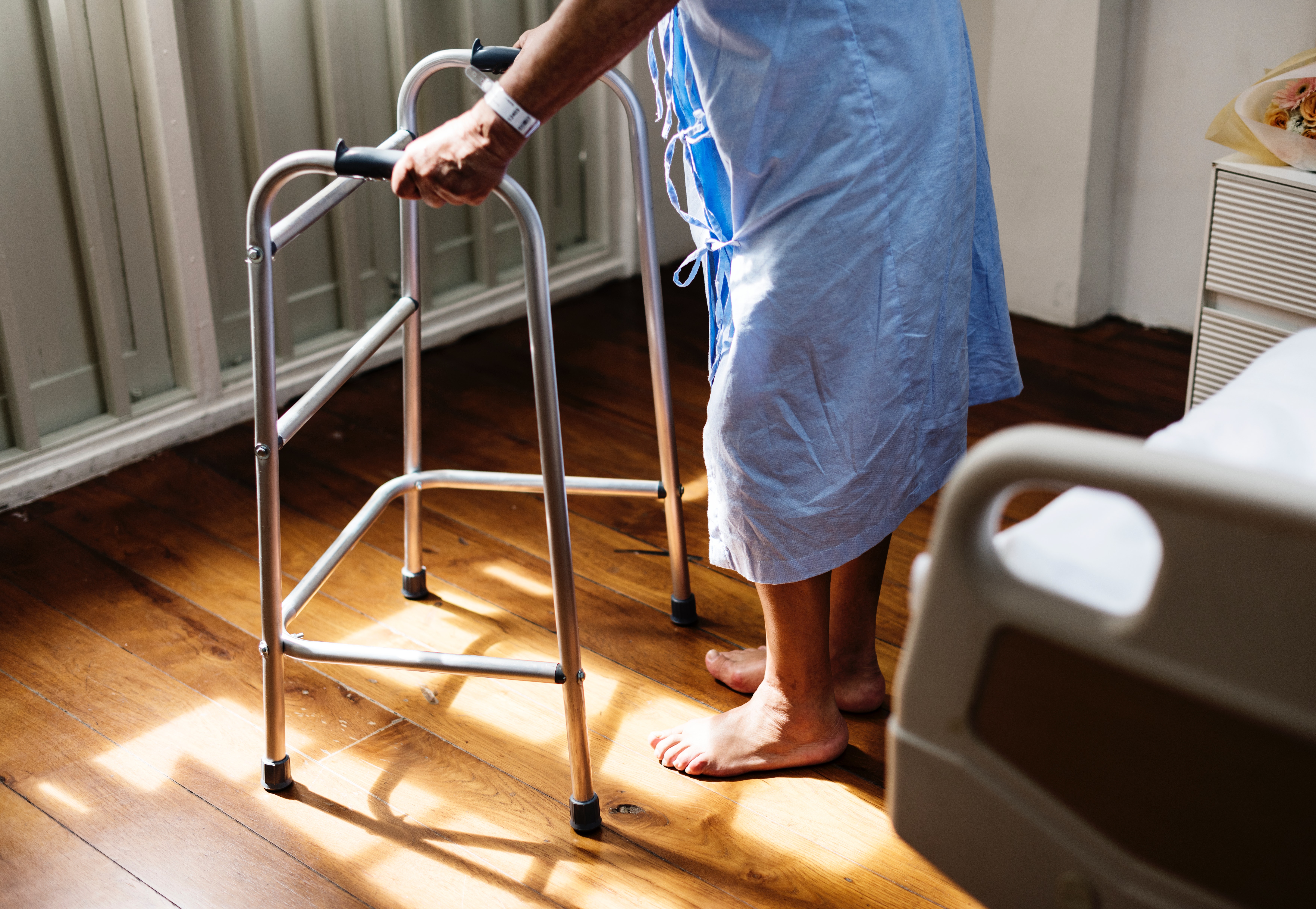New government plans to close the UK’s borders to low-skilled migrants will worsen staff shortages in the ‘crisis-stricken’ social care system, experts and unions warn.
Some of the UK’s most vulnerable people could be left without care or face “unnecessary” waits in hospital, according to the United Kingdom Homecare Association (UKHCA).
The Home Office unveiled its new immigration policy on Tuesday (18 February).
It will usher in a “points-based” system, as promised in the Conservative election manifesto and will come into effect on 1 January next year.
Overseas citizens must reach 70 points to be able to work in the UK.
They gain points based on their qualifications, English-speaking ability and skills, among other factors.
Home secretary Priti Patel said the changes will bring overall numbers of migration down and will “attract the brightest and the best from around the globe”.
The government has said it seeks to end a “reliance on cheap labour from Europe” and that employers must “adjust” by investing in retaining staff and developing automation technology.
Foreign workers make up a sixth of the 840,000-strong care staff workforce in England, according to the BBC.
Their job is to care for people – who have disabilities, chronic illnesses or who are older adults – in care homes or in the community.
Health think tank the Nuffield Trust estimates an additional 90,000 workers are required to provide care to everyone who needs it.
Most people employed by the sector are low-paid and are unlikely to meet the requirements for a visa under the proposed points-based system.
John Appleby, chief economist at the think tank the Nuffield Trust, said: “Migration has been a crucial safety valve for crisis-stricken social care services, with workers from overseas filling vital roles helping people with basic tasks like washing, dressing and personal hygiene.
“Stopping migration for social care risks pushing a sector on which many vulnerable people depend over the edge.”
He said that a solution could be to increase social care workers’ wages, to make the profession “more attractive” to domestic workers.
But added that the sector is “on the verge of bankruptcy” and so this could not happen unless the government stumps up extra funding.

Credit: Pixabay
The UKHCA’s policy director Colin Angel is “dismayed” by the government’s decision.
“Cutting off the supply of prospective careworkers under a new migration system, will pave the way for more people waiting unnecessarily in hospital or going without care,” he said.
“Telling employers to adjust, in a grossly underfunded care system, is simply irresponsible.”
Councillor James Jamieson, chairman of the Local Government Association, said that “the social care system faces one of the most serious challenges and any reforms need to ensure the social care workforce can be maintained”.
He added: “Salary thresholds should be variable across sector and region, to reflect the needs of different employers, alongside a reformed and devolved skills and employment system to tackle the existing national skills shortages.”
Social Care and human rights
There is no specific right to social care but it touches on a number of human rights – including the rights to life, health, and the right to freedom from discrimination.
The UN Convention on the Rights of Person’s with Disabilities also protects the right to “independent living”.
This obliges the UK to ensure people with disabilities have access to “a range of in-home, residential and other community support services”.







